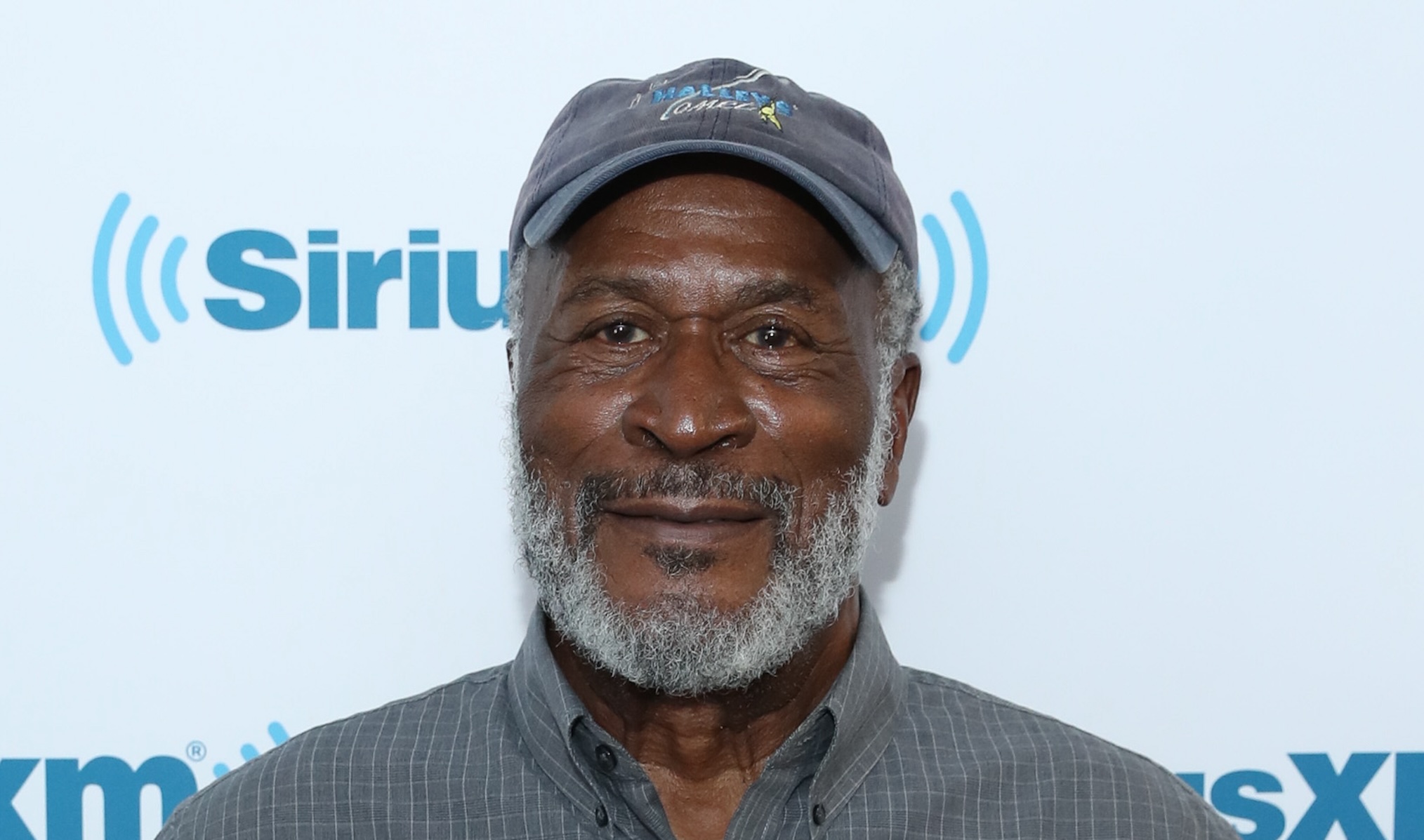
Good Times star John Amos is speaking out just days after the Los Angeles Police Department closed its investigation into claims of elder abuse.
The investigation came after the actor’s daughter, Shannon Amos, claimed her father was a victim of “elderly abuse” last June. Per TMZ, the allegations were brought up again when Shannon called Adult Protective Services this spring. The APS sent the case to the LAPD, who then launched an investigation, which found no evidence of wrongdoing.
“I want to first of all thank the LAPD for their professionalism and thoroughness in their investigation in which they concluded that I am doing well,” John said in a statement, per People. “This is the same thing I have been saying all along in my response to the media.”
The Roots actor continued, “I want to thank my fans for their kind words to me in support of my movement everywhere I travel. Furthermore, I am even more determined to complete production on the documentary film that my son and I are producing. It will shed light on the real truth as to the motives of those who have painted a false narrative about me.”
He added, “I am John Amos and quite frankly this mess is bringing out James Evans to stay,” referencing his character in Good Times.
“I learned something very valuable some years ago that I reference in my work and all that I do. Stand on the truth and stay there. It won’t let you down. The truth will stand up for you,” he shared. “The LAPD’s conclusion of their investigation along with my upcoming documentary each stand on that same truth. I’m good and the best is yet to come. Believe it.”
Earlier this week, Shannon responded to the results of the investigation, sharing her disappointment.
“While I acknowledge the efforts of the LAPD on my father’s case, I am disappointed with their conclusion since no one from my family has seen or spoken to my father since July 2023, when K.C. Amos [Shannon’s brother], Eugene Brummet, and Belinda Foster removed him from a medical facility against doctors’ orders,” she said.
“We continue to receive outreach from care providers, medical professionals, and others with evidence that raises concerns over his well-being and whether he is receiving the care his health requires,” Shannon added.
